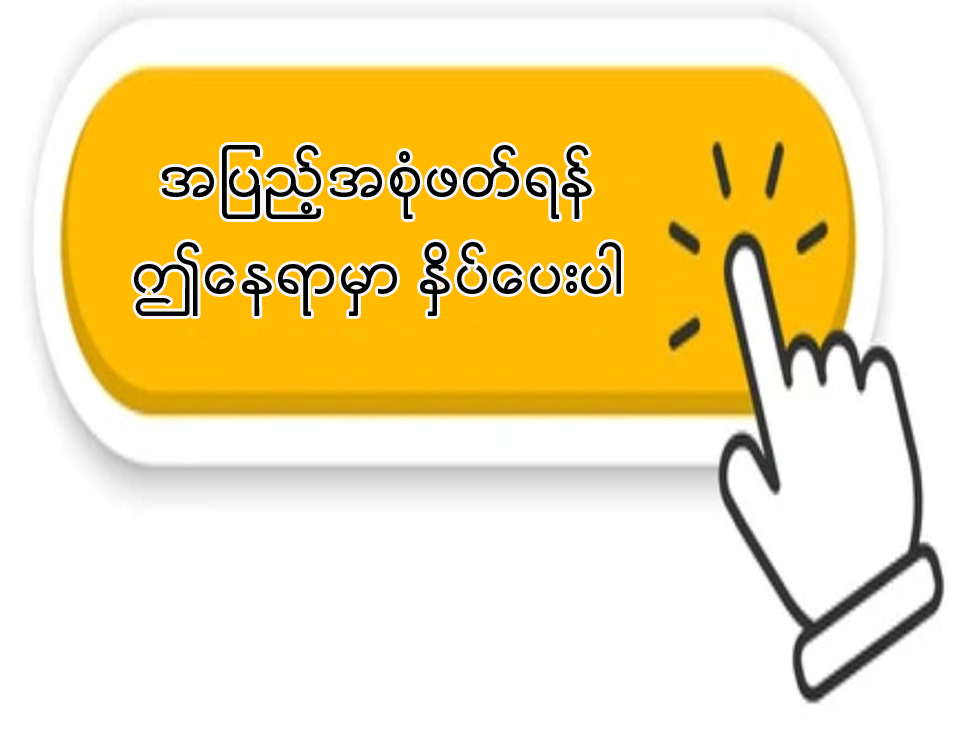Pedagogical innovation refers to the development and implementation of new teaching and learning approaches that enhance student engagement, improve learning outcomes, and better prepare
learners for success in a rapidly changing world. Here are some best practices for pedagogical innovation from a perspective that focuses on fostering effective teaching and learning:








Student-Centered Learning: Place students at the center of the learning process by designing activities and assessments that actively engage them in constructing their own knowledge. Encourage collaboration, inquiry, and critical thinking to empower students to take ownership of their learning journey.
Active Learning Strategies: Move away from traditional lecture-based instruction and incorporate active learning strategies that require students to actively participate in the learning process. This can include problem-based learning, group discussions, case studies, simulations, role-playing, and hands-on activities that promote deeper understanding and retention of content.
Technology Integration: Leverage technology as a tool to enhance teaching and learning experiences. This can include using online platforms for content delivery and assessment, multimedia resources to present information in diverse formats, and educational apps and tools to facilitate interactive learning experiences both inside and outside the classroom.
Differentiated Instruction: Recognize and accommodate the diverse learning needs and preferences of students by implementing differentiated instruction strategies. Provide multiple pathways for students to demonstrate their understanding, offer personalized learning opportunities, and adapt instructional methods and materials to meet individual learning styles and abilities.
Assessment for Learning: Shift the focus of assessment from merely measuring learning outcomes to supporting student learning and growth. Use formative assessment techniques such as quizzes, polls, peer feedback, and self-assessment to monitor student progress, identify areas of difficulty, and provide timely feedback that guides further learning.
Culturally Responsive Teaching: Create inclusive learning environments that honor and value the cultural backgrounds, experiences, and perspectives of all students. Incorporate diverse perspectives into curriculum content, use culturally relevant examples and materials, and foster respectful dialogue and collaboration among students from different cultural backgrounds.
Experiential Learning Opportunities: Provide opportunities for students to apply their knowledge and skills in real-world contexts through experiential learning opportunities such as internships, service-learning projects, research experiences, and community partnerships. These experiences can deepen students’ understanding of course content, foster professional skills development, and promote civic engagement and social responsibility.
Professional Development and Collaboration: Invest in ongoing professional development and collaboration  opportunities for educators to stay abreast of pedagogical trends and best practices, exchange ideas and resources, and continuously improve their teaching effectiveness. Encourage collaboration among faculty members, instructional designers, educational technologists, and other stakeholders to support innovation and excellence in teaching and learning.
opportunities for educators to stay abreast of pedagogical trends and best practices, exchange ideas and resources, and continuously improve their teaching effectiveness. Encourage collaboration among faculty members, instructional designers, educational technologists, and other stakeholders to support innovation and excellence in teaching and learning.
Evaluation and Reflection: Regularly evaluate the effectiveness of pedagogical innovations through student feedback, learning assessments, and reflection on teaching practices. Use evidence-based research and data-driven insights to inform decision-making and make iterative improvements to instructional design and delivery.
Organizational Support and Leadership: Foster a culture of innovation and continuous improvement within educational institutions by providing institutional support, resources, and leadership that prioritize pedagogical innovation. Encourage risk-taking, experimentation, and collaboration among faculty members, administrators, and other stakeholders to drive meaningful change and enhance student learning experiences.
By incorporating these best practices into teaching and learning processes, educators can foster a culture of innovation that empowers students to thrive in an increasingly complex and dynamic world. Pedagogical innovation plays a vital role in preparing learners to adapt, innovate, and contribute positively to society in the 21st century.

Leave a Reply